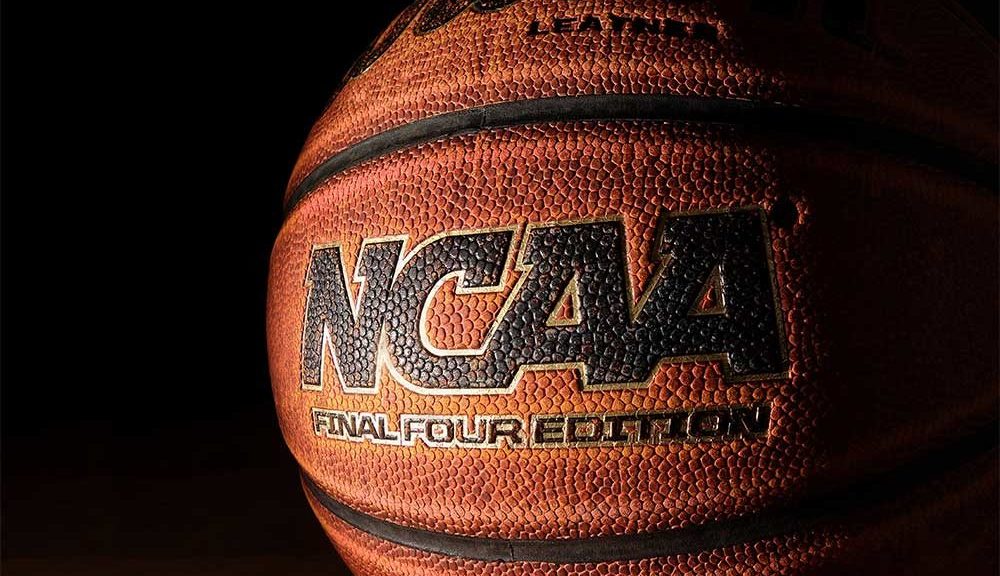The governing body for all collegiate sports in the US noted that future changes to the THC threshold for student-athletes could be made in response to future changes initiated by WADA, which would be subject to the review and approval of the CSMAS.
“Reconsidering the NCAA approach to cannabis testing and management is consistent with feedback from membership on how to better support and educate student-athletes in a society with rapidly evolving public health and cultural views regarding cannabis use,” Dr.
The CSMAS also recommended that each division make changes to the penalty structure for student-athletes who test positive for THC in NCAA drug tests.
A second positive marijuana test will also not trigger a loss of eligibility if the school confirms that the student-athlete was compliant with the original education and management plan and provides additional training and management as needed.
Under current bylaws for NCAA Division I, II and III, a first positive test for THC results in a loss of eligibility for 50% of regular season contests.
“These adjustments to the NCAA drug testing program were approved after careful consideration and extensive discussion of the recommendations made by the Drug Testing Subcommittee, which has been meeting since last fall,” said Dr.
Last year, controversary erupted over the issue when US track and field star Sha’Carri Richardson was denied an appearance at the Summer Olympic Games in Tokyo after testing positive for THC at a preliminary meet.
More states are decreasing or eliminating criminal penalties for cannabis for people under the legal age limit, and an increasing number of colleges and universities—in legal and prohibition states alike—are taking steps to make their cannabis policies more in line with those for alcohol.
